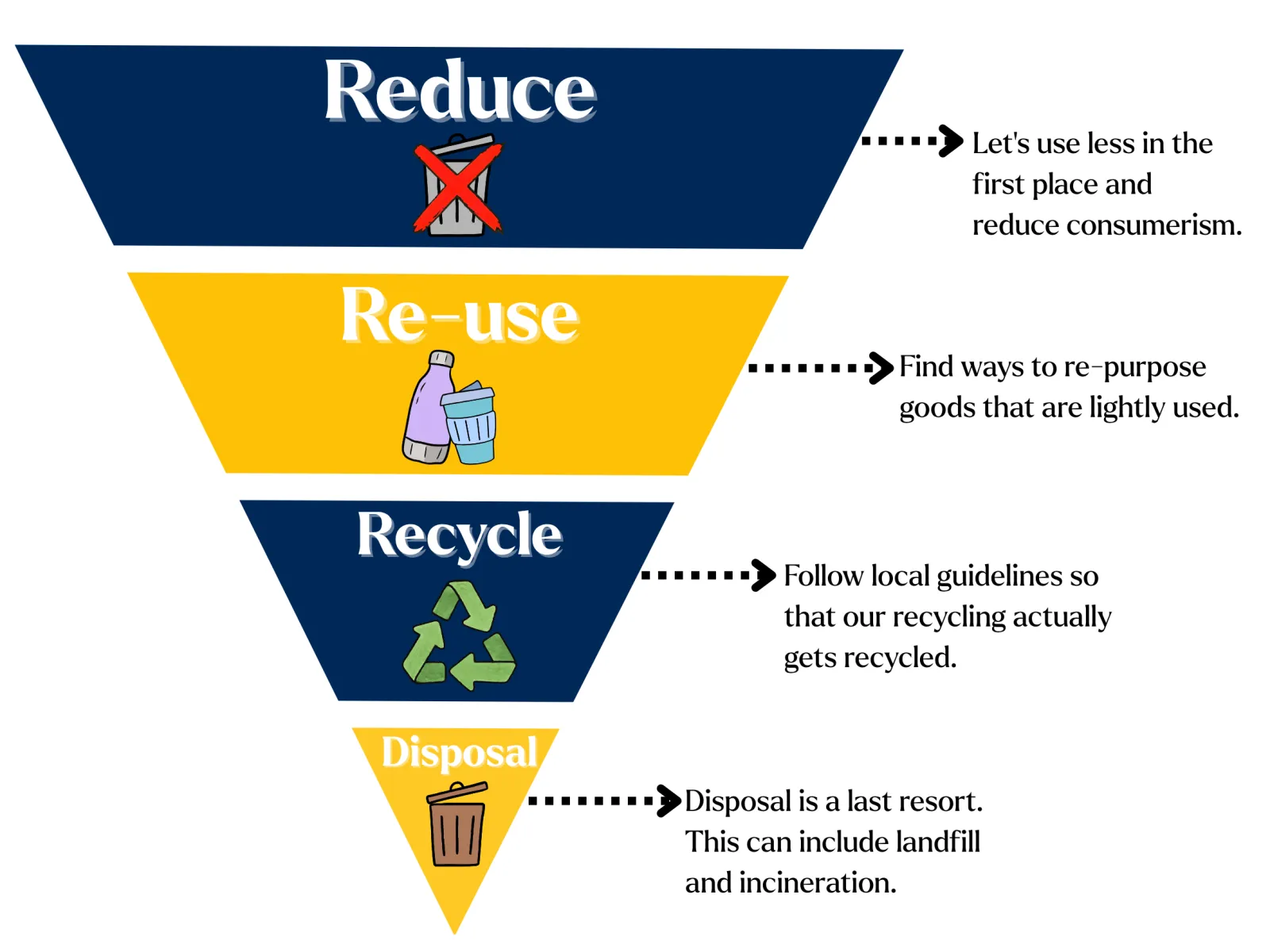Recycling & Waste Management
Reducing Your Waste What can be recycled? Specialty Recycling/Reuse FAQs
At Bryn Mawr College, we are committed to reducing waste and promoting sustainability across campus. Our approach begins with the 3 Rs: Reduce, Reuse, Recycle.
Reducing Your Waste
Reducing waste is an essential step in achieving waste minimization and diversion efforts. Here are some ways to reduce waste on campus and beyond:
- Use reusable water bottles, mugs, bags, and utensils. Bring your own refillable bottles and coffee mugs with you to campus events and dining halls.
- Avoid products with excessive packaging. This includes avoiding ordering online and through delivery services whenever possible.
- Purchasing second-hand items, renting, and sharing items whenever possible. Donating unwanted items to reuse programs.
- Think before you print! Distribute meeting materials and class materials online to reduce paper waste.
- Use re-fillable Keurig pods instead of single-use pods.
- Learn about local recycling laws, share knowledge with each other, and challenge yourself to reduce waste in your personal life and office!
What can be recycled?
We use a mixed recycling system, which means you can place plastic, glass, metal, paper, and cardboard in the same recycling container. To ensure proper recycling, please remove food residue, and rinse containers if needed.
Plastics
Accepted
Plastics # 1-5 are accepted in Bryn Mawr College’s recycling stream. This generally includes:
- Bottles - narrow neck, e.g., soda, water, shampoo
- Jugs with or without handles, e.g., milk, detergent
- Jars - wide mouth, e.g., peanut butter
- Tubs - e.g., yogurt, sour cream
- Take-out containers
- Plastic cups and lids numbered 1-5
Not Accepted
- Flexible plastic items, such as plastic bags, wraps, film, chips bags, candy wrappers, etc.
- Single-use plastics (straws, utensils, coffee pods)
- Pill bottles
- Foam containers
- Plastic cups and lids not labeled 1-5
Paper & Cardboard
Accepted
- Flattened cardboard
- Shredded paper in a paper bag
- Newspapers
- Magazines
- Office paper
- Common mail
- Paper boxes (cereal, cracker, soda, etc.)
Not Accepted
- Loose shredded paper
- Paper items lined with plastic or wax – most disposable coffee cups must be discarded to the landfill
Metal and Glass
Accepted
- Aluminum foil (roll up into a ball)
- Metal and glass beverage containers
- Small metal objects
- EMPTY aerosol cans with caps
Not Accepted
- Pyrex bowls
- Glassware
- Bulbs
- Pesticides or spray paints
Specialty Recycling/Reuse
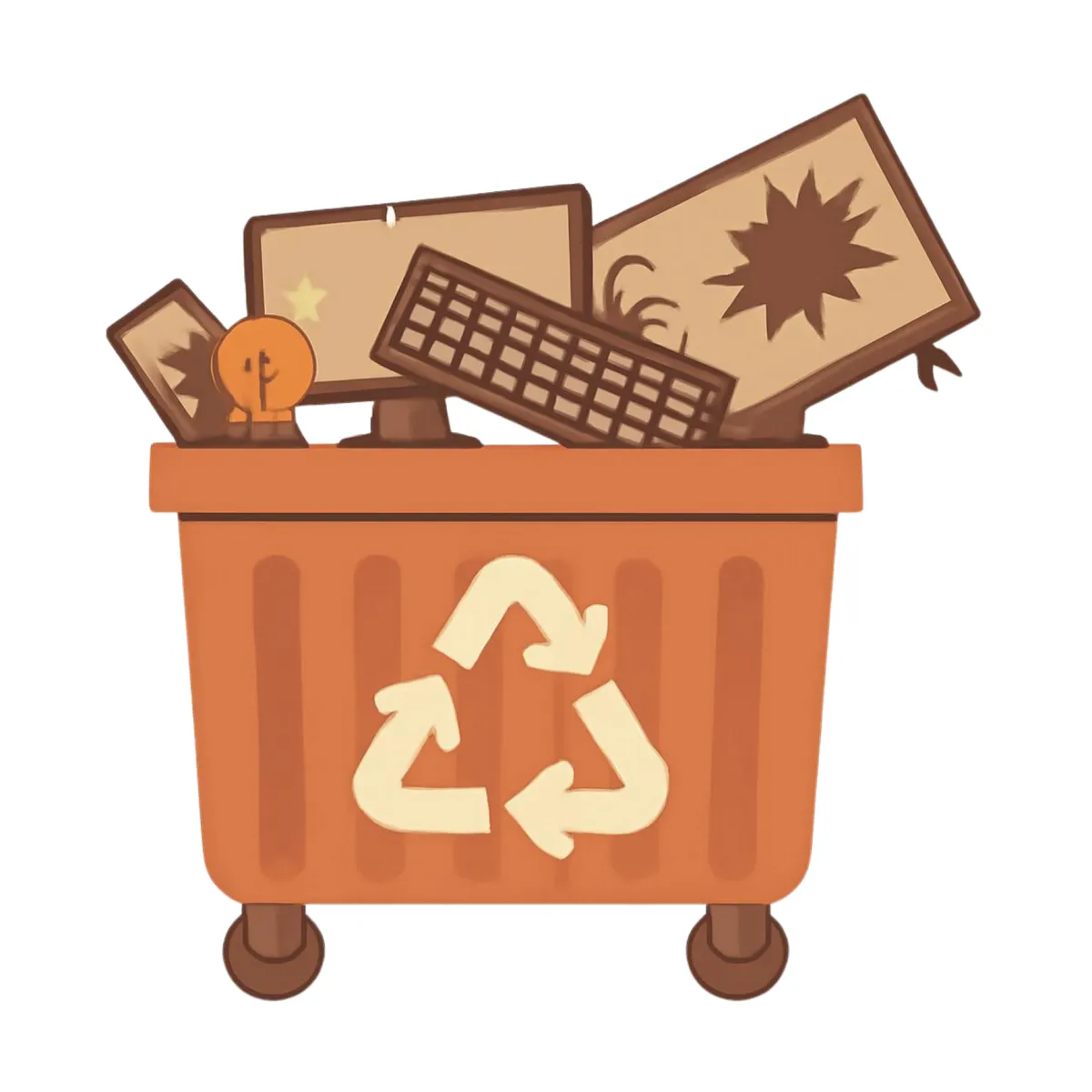
Electronics Recycling
Electronic items contain hazardous materials and should never be thrown in the trash. All college-owned assets must be disposed of in accordance with Technology Use, Access, and Disposal policy. Please contact the LITS helpdesk at help@brynmawr.edu or x7440 for assistance.
For personal electronics (including old personal computers, tables, cell phones, etc. please make an appointment with the help desk (help@brynmawr.edu or x7440) to properly dispose of unwanted or broken items.
Note – LITS will not resell equipment to community members. Instead, Bryn Mawr partners with an Elemental Inc. for responsibly recycling electronic equipment.
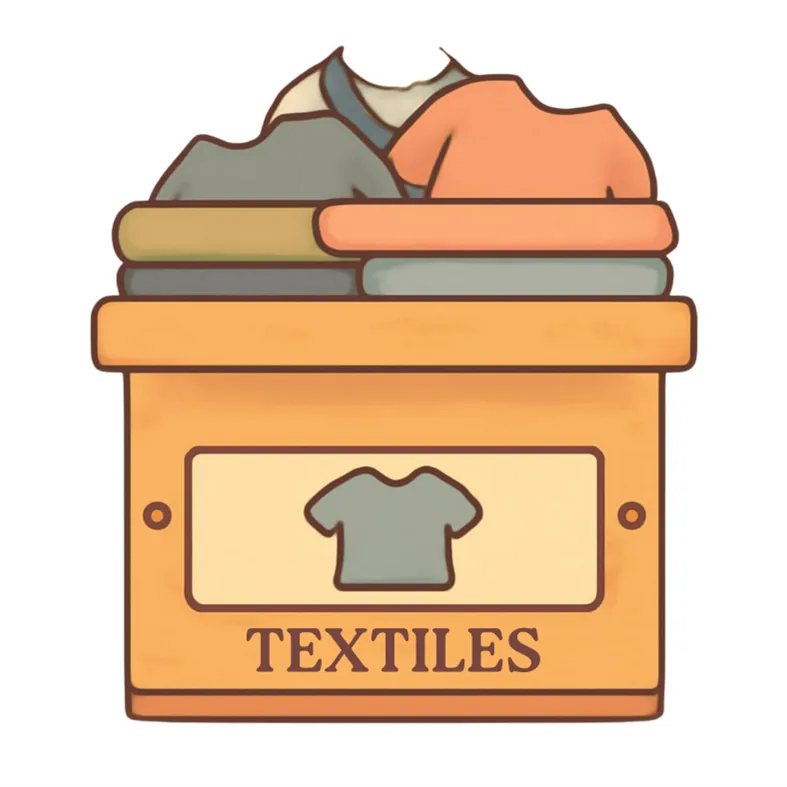
Textile Donation and Recycling
Bryn Mawr College is partnering with Helpsy to keep clothing and other textiles out of landfills. Students, Faculty, and Staff may bring clothing, accessories, footware, linens and other fabric items for donation or recycling to a Helpsy bin located on the North-facing wall of the Athletics Center (next to Ward). Please make sure items are clean, dry, and odorless before placing them in the Helpsy bin.
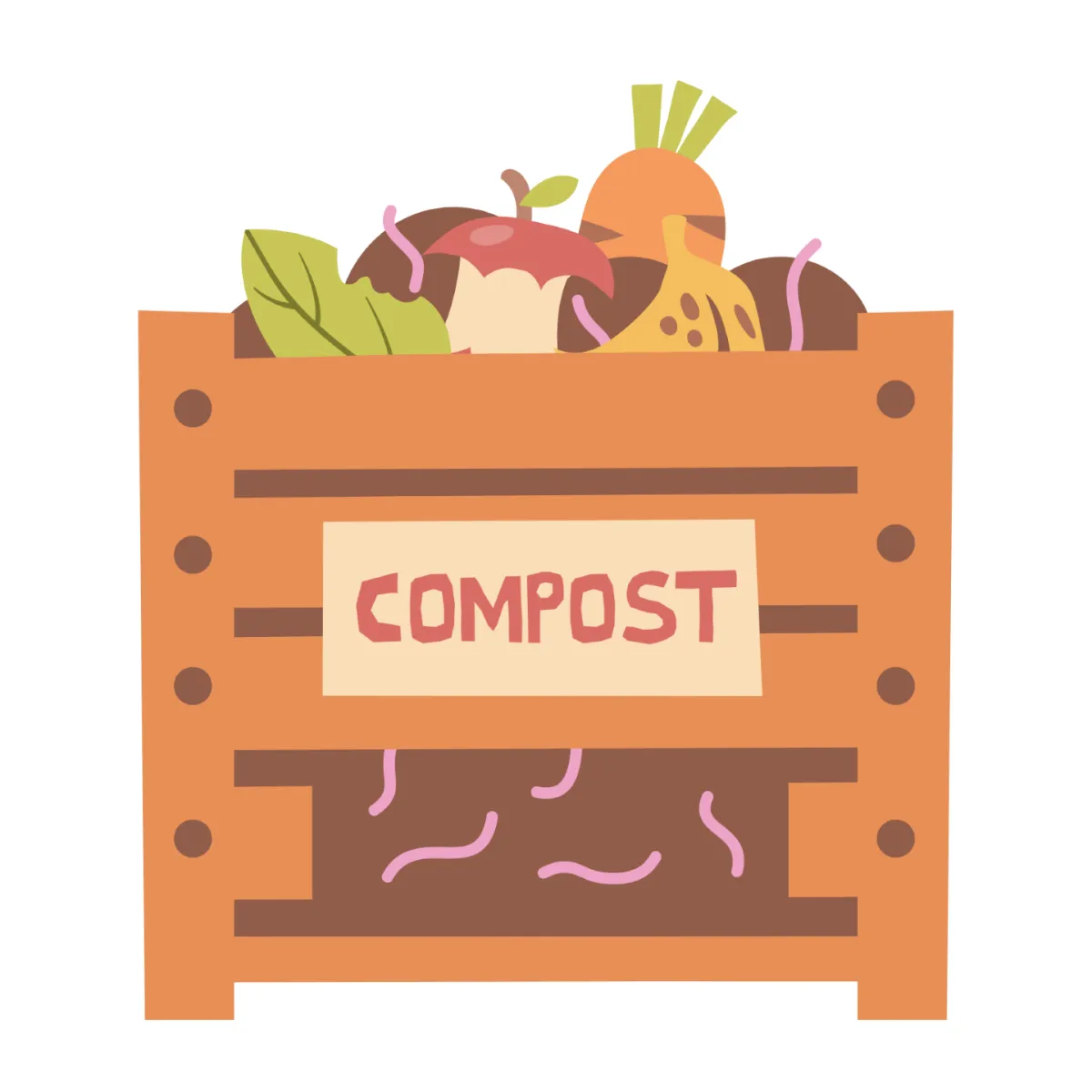
Composting
Bryn Mawr Dining Services: Dining Services participates in food recovery programs and composting initiatives. Compostable items from kitchens are diverted on a regular basis from the landfill in partnership with Organics Recycling, LLC. Compostables are sent to an anerobic digester in Trenton, NJ. At the digester, the organic materials are brown down to create combustible biogas for electricity generation. The leftover material after digestion is a compost-like product that is used as an industrial fertilizer.
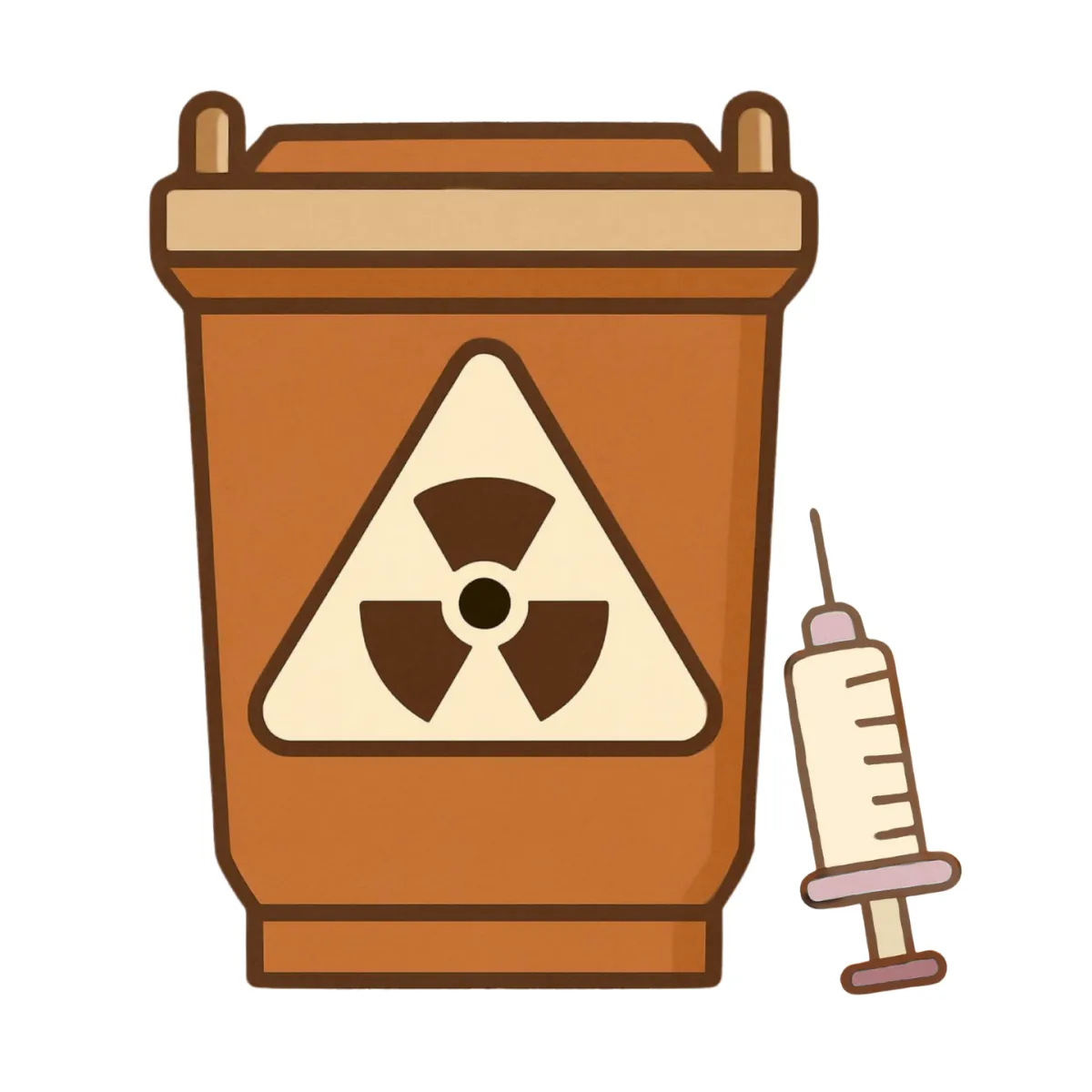
Universal and Hazardous Waste
Waste that falls under this designation should be placed in a Satellite Accumulation Area (SAA) and noted accordingly on the container’s label. Hazardous waste is generally defined as items that are ignitable, corrosive, reactive, and/or toxic. Questions about waste designation and proper disposal protocol should be directed to Melanie Allen, Environmental Health & Safety (610-526-5166)
- Syringes/sharps
- Propane tanks & motor fluids
- Light bulbs & Lamps: Bulbs or tubes from electric lighting devices, including (but not limited to) fluorescent and neon, which contain mercury, and LED, which contains e-waste.
- Non-Alkaline batteries: such as rechargeable batteries (lithium ion, nickel-cadmium, nickel-metal hydride), button cell batteries, lead-acid batteries. NOTE: alkaline batteries are considered non-hazardous, and can be placed in landfill bins.
- Pesticides and corrosives
- Mercury-containing devices: Equipment that uses mercury to function, including old thermometers, electric switches, and thermostats.
- Photographic solutions: Silver-containing liquids from film processing and developing.
- Oil-based finishes: paints, lacquers, and stains that contain oil
- Laboratory Waste: Solvents, acids, or toxic substances – may require separate containers to prevent dangerous chemical reactions
Other Specialty Recycling: Check out Montgomery County’s A-Z Recycling Guide!
For more information on where and how to recycle items, please visit the Montgomery County A-Z guide. This is an especially helpful tool for faculty and staff who are residents of Montgomery County.
FAQs
Recycling helps conserve natural resources, save energy, and reduce pollution. When materials are properly recycled, they can be transformed into new products, reducing the need to extract and process raw materials.
Mixed (or single-stream) recycling allows recyclable plastic, glass, metal, paper, and cardboard to be placed in the same bin. These materials are sorted at a Materials Recovery Facility (MRF) and then sent to manufacturers to be reused in new material.
A Materials Recovery Facility (MRF) is a specialized center where mixed recyclables are sorted by type using equipment and manual labor. The sorted materials are then compacted and shipped to recyclers.
Recycling guidelines vary based on local facilities, technology, and market demand for materials.
Bryn Mawr follows the standards set by our local waste management partners and recycling centers. Currently, Republic Services is our primary waste hauler. Recyclables are hauled to a MRF in King of Prussia, where items are sorted by product type, bailed, and shipped out to manufacturers to make new products.
Yes! The Republic Services MRF has approximately an 88% recycling rate. This means approximately 88% of all items sent to the MRF are sorted and recycled into new products. The remaining ~12% are items that were contaminated (due to food, mixed materials, etc.) or should not have been sent to the MRF in the first place. The Bryn Mawr sustainability office and facilities team works closely with the waste haulers to ensure our items are being recycled appropriately.
Recyclables should be empty and clean—no food, liquid, or residue. Rinse or wipe containers when possible. Dirty items can contaminate clean recyclables and may result in the entire batch being discarded.
Reattach them to containers before recycling. Loose caps are too small and may contaminate other materials.
The #1–#7 codes on plastics indicate resin type, not necessarily recyclability. Bryn Mawr’s recycling contract allows plastics #1-5 to be recycled, not #6 or #7.
No. When in doubt, throw it out. “Wish-cycling”—putting non-recyclables in the bin hoping they’ll be recycled—can damage equipment and contaminate recyclable materials.
Not all materials are recyclable due to cost, technology limitations, or contamination risks. The EPA’s waste hierarchy prioritizes reducing and reusing over recycling. Ask yourself:
- Do I need this item?
- Can I use a reusable alternative?
- Is it minimally packaged?
These items are not recyclable through mixed recycling because of their small size and diversity of plastic resin types. They cannot be properly sorted at a MRF. These items should be avoided whenever possible (choose to reuse!) or disposed of in the trash if necessary.
This is a practice called “wish-cycling”, and these items contaminate otherwise good recyclables. If a load of recycling contains non-recyclables – even by just a fraction – that entire load risks not being recycled.
Please refer to the Montgomery County A-Z recycling guide, which includes information on how to recycle household materials that cannot be recycled curbside.
At Bryn Mawr, the Staff Association hosts a move-out donation program where students can donate unwanted items. These are sorted and sold at a summer sale to the campus community as part of a fundraiser for the Staff Association. Items that don’t get purchased are recycled, donated to local nonprofits, or as a last resort, sent to the landfill.
What’s Coming?
Expanding Reusables and Composting
The college is actively working to offer post-consumer composting and reusables at large scale events.
Furniture Reuse
Students can donate furniture and other usable household items to the annual Staff Association sale. Additional work is underway to expand the furniture and surplus property diversion from landfills.
New Waste Stations and Signage
The college is working on refreshing waste and recycling bins on campus, which will include clear and up-to-date signage. New stations will be piloted in a few locations starting Spring 2026, and rolled out campus wide thereafter.
Waste Audits
Interested in learning more about campus waste? Request a waste audit to help us improve our sustainability efforts. Contact sustainability@brynmawr.edu
Other Questions?
If you' have additional questions or are unsure how to recycle or dispose of an item, contact Bryn Mawr’s sustainability team at sustainability@brynmawr.edu.
